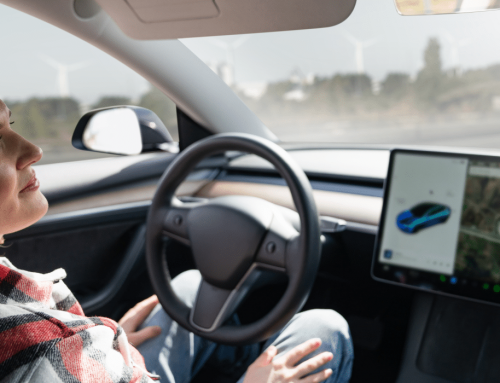Parking space price shock: Will SUV drivers soon be asked to pay?

A new turning point is emerging in the debate about urban space and its use: Higher parking fees for SUVs could soon become a reality, and Hanover could lead the way. Inspired by the French capital Paris, where a referendum on tripling parking fees for large and heavy vehicles is pending, Hanover’s Lord Mayor Belit Onay is in favor of a similar measure. But what does this mean for SUV drivers and the future of urban mobility?
A look at Paris – a role model for Hanover?
Paris is leading the way: With a drastic increase in parking fees for SUVs – from six to 18 euros per hour in the city center – the city is sending a clear signal in the fight against pollution and lack of space. Hanover is taking this example to heart. Mayor Onay sees tiered pricing according to vehicle size as an effective instrument for slowing down the trend towards ever larger cars. But is this measure really the solution to our cities’ problems?
Critical voices and legal hurdles
Not everyone is convinced by the idea of higher parking fees for SUVs. While Deutsche Umwelthilfe is making similar demands of German cities, ADAC and the German Association of Towns and Municipalities warn of practical and legal difficulties. The latter refers to a ruling by the Federal Administrative Court, which states that fee increases must not be too high in order to avoid unlawful unequal treatment. So is the implementation of such plans on shaky ground?
The future of urban mobility
While Paris is setting an example with its vote and Hanover is considering similar steps, the debate about SUVs and their role in urban areas is bigger than ever. It’s not just about parking fees, but about a fundamental question: how do we want to move around our cities? The increase in parking fees for SUVs could be a step towards a more sustainable, fairer use of public space, but it is also part of a more complex debate about the future of mobility in our cities.
A wake-up call for the automotive industry?
Behind the discussion about parking fees is also a message to car manufacturers: the pursuit of ever larger and heavier vehicles is at odds with ecological change. The measures in Paris and the discussion in Hanover could be seen as a wake-up call to rethink the range of vehicles on offer and steer the development towards more sustainable mobility.
Conclusion
The debate about higher parking fees for SUVs in cities such as Paris and Hanover raises important questions about the use of public space, pollution and the future direction of mobility. Although the road ahead is paved with legal and practical challenges, it could be a step towards a more sustainable, equitable urban environment. It remains to be seen how these discussions will influence mobility in our cities and the automotive industry as a whole.





